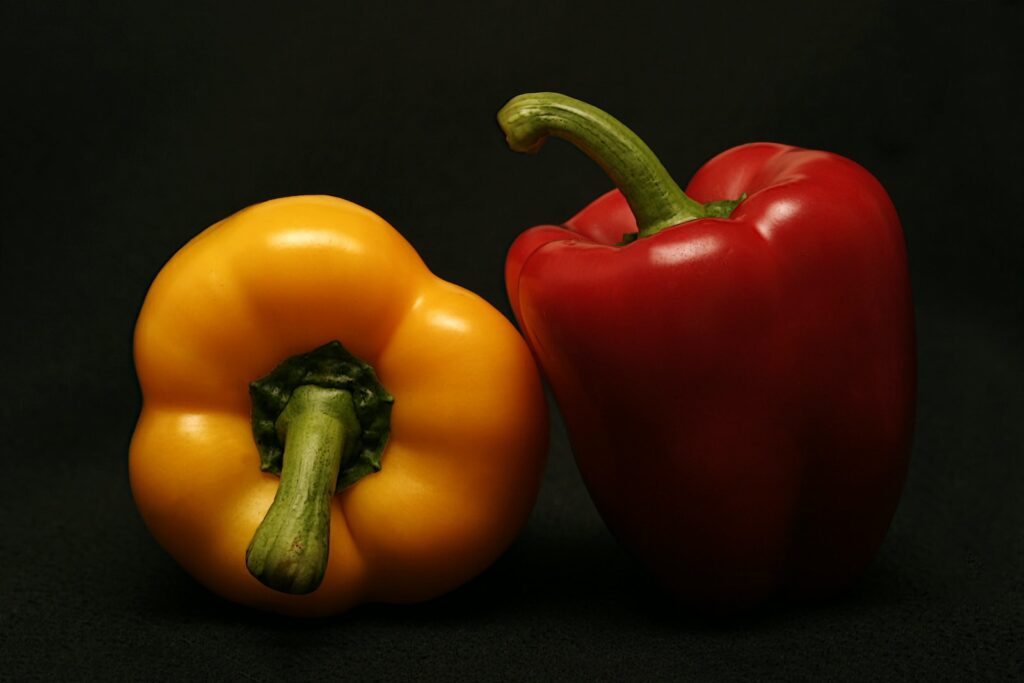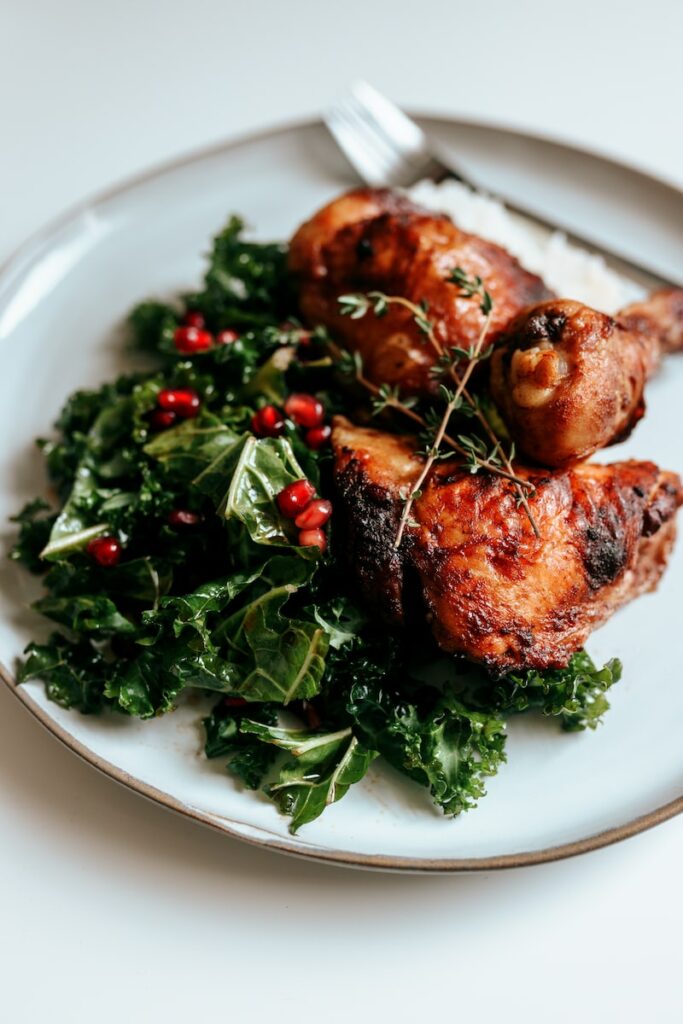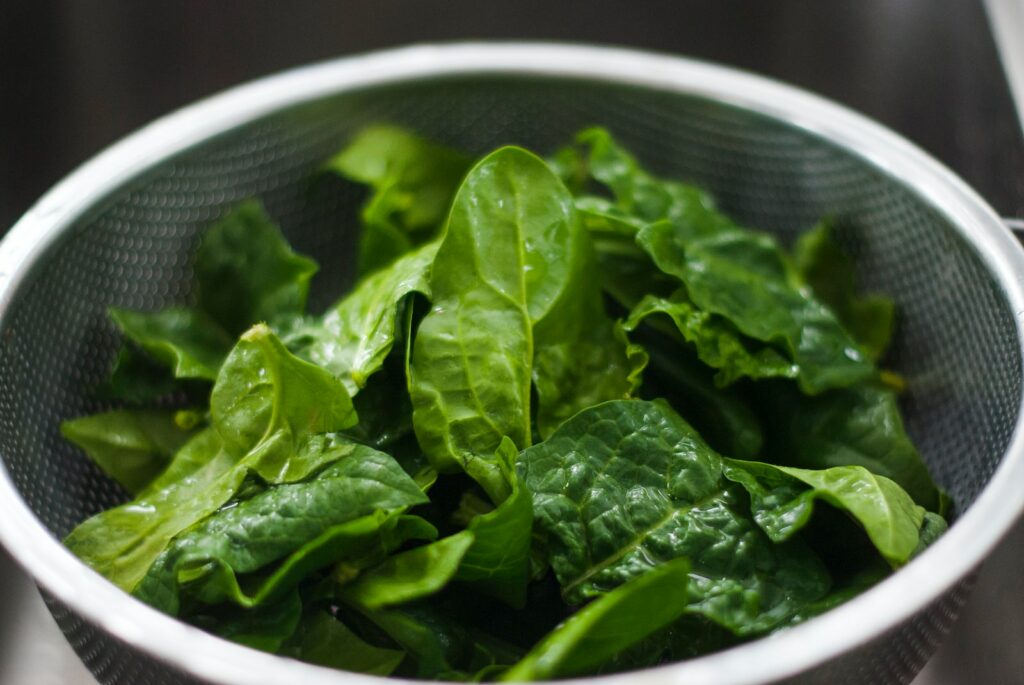
Bell peppers are a colourful and nutritious vegetable that can help you to achieve a healthy balanced diet. Available in a range of colours, from green to red, orange, and yellow, bell peppers pack a powerful punch of vitamins, minerals, and antioxidants that are essential for good physical and mental wellbeing. Here, we look at the benefits of adding bell peppers to your diet and ways to incorporate them in your meal plan for maximum nutritional benefit.
Nutritional Benefits of Bell Peppers
Bell peppers are rich in a number of essential vitamins, minerals, and antioxidants. They are a great source of vitamin C, which can help boost your immunity, and contain high levels of vitamin A, which is essential for healthy skin and eyes. Bell peppers are also a good source of vitamin B6, which is important for energy levels and healthy cell regeneration.
Other important nutritional benefits of bell peppers include:
- High levels of fibre, which can help to keep your digestive system regular and reduce cholesterol levels.
- Good levels of vitamin E, which can help to protect your cells from damage.
- Rich in powerful antioxidants, which are important for boosting your immune system and fighting off diseases.
- Low in calories, so they’re a great addition to any healthy diet.
How to Add Bell Peppers to Your Diet
When it comes to adding bell peppers to your diet, the possibilities are endless. Here are just a few ways to get these nutrient-dense veggies into your meal plan:
- Cooked bell peppers: Add bell peppers to your stir-fries, stews, casseroles, soups and curries. For an easy side dish, try stir-frying bell peppers in olive oil with garlic, fresh herbs, and seasoning.
- Raw bell peppers: Slice bell peppers into salads or use them to make healthy veggie platters served with dips. They’re also a great snack when cut into strips and eaten on their own.
- Roasted bell peppers: Roast bell peppers whole in the oven or on the BBQ. Serve them as a side dish or add them to salads, sandwiches, or pizzas.
Tips for Shopping and Storing Bell Peppers
When purchasing bell peppers, look for peppers that are firm, glossy, and free from blemishes and wrinkling. When stored in a cool, dark place, bell peppers should keep for up to one week.
If you’re freezing bell peppers, it’s important to prepare them properly. The best way to do this is to wash, de-seed, and slice them before packing them in freezer bags. They will keep in the freezer for up to three months.
Food safety is important, so it’s important to remember that bell peppers should be cooked to a temperature of 74°C or above to ensure they are safe to eat.
Conclusion
Bell peppers are a great way to add colour, flavour, and essential nutrients to your meals. Incorporating them into your diet can help to boost your immunity and provide you with the essential vitamins and minerals that you need for long-term health and wellbeing. With their bright colours, fresh flavours, and their ability to be eaten raw, cooked, or frozen, bell peppers are a versatile and nutritious vegetable that should definitely be part of your meal plan.


